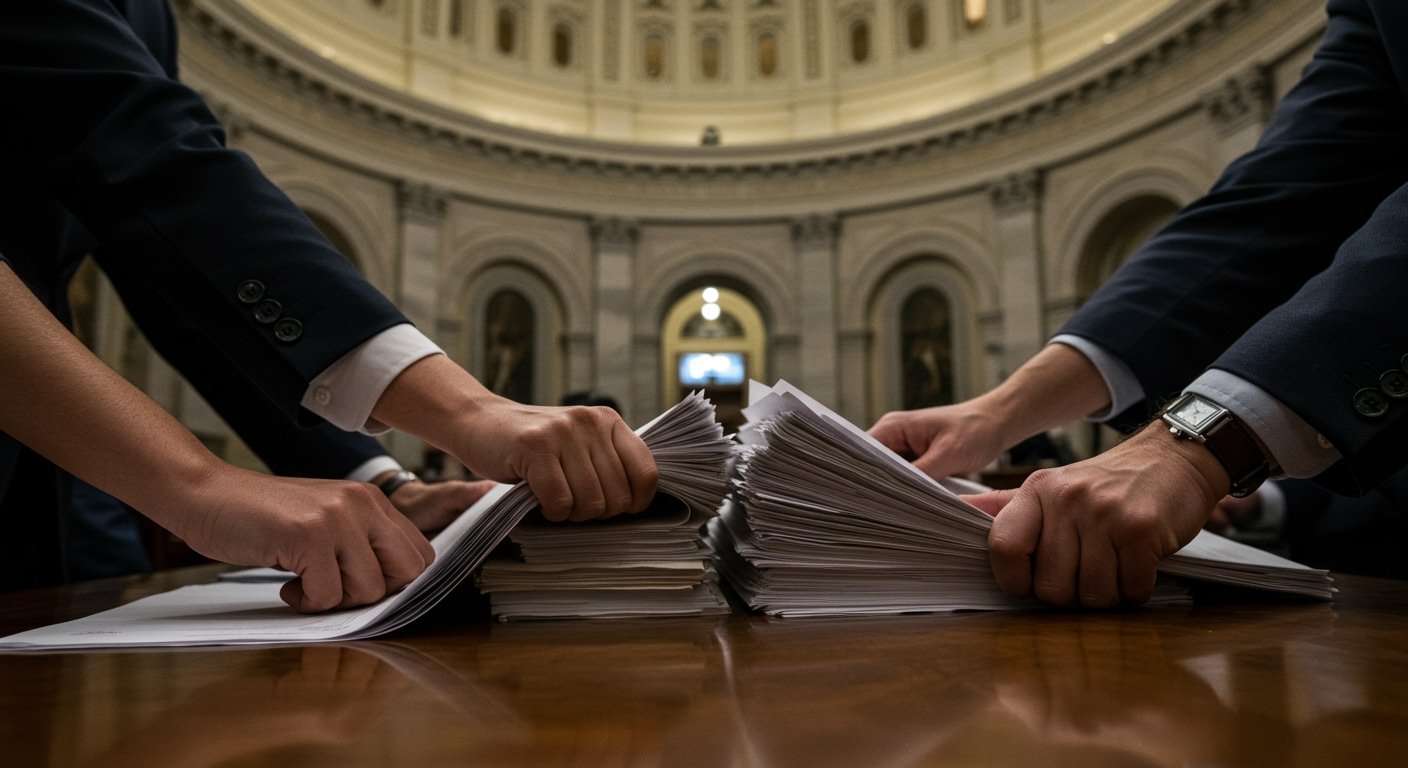International headlines on March 4, 2025, featured a complex interplay of geopolitical dynamics, centered around former U.S. President Donald Trump’s reported positions on key alliances, developments in the conflict in Ukraine, and the mention of several significant global players including France, China, Germany, and the situation in Gaza.
A summary of news from this date highlighted Donald Trump’s stated opposition to both the European Union (EU) and the North Atlantic Treaty Organization (NATO). Such a stance from a prominent American political figure carries significant weight, potentially signalling a shift in transatlantic relations and global security frameworks should it influence future U.S. policy. Observers note that opposition to foundational Western alliances could have profound implications for collective defence and economic cooperation, areas where the EU and NATO have long played central roles.
Geopolitical Fault Lines: Trump’s Stance on EU and NATO
The reported opposition by Donald Trump to the EU and NATO is a point of considerable discussion among international affairs analysts on March 4, 2025. These organizations represent pillars of post-World War II international order and Western alignment. The European Union is a political and economic union of 27 member states primarily located in Europe, fostering integration across a range of policies. NATO, a military alliance established by the North Atlantic Treaty, constitutes a system of collective defense whereby its member states agree to mutual defense in response to an attack by any external party. Any significant challenge to these structures from a former, and potentially future, U.S. leader prompts questions about the future stability of international partnerships and the distribution of global power.
The Ukraine Front and Assessments of Future Stability
The news summary from March 4, 2025, also brought focus back to the ongoing conflict in Ukraine. A particular point of note was the citation of a Daily Mail expert who offered a stark assessment regarding the sustainability of Ukraine’s defense efforts. According to this expert, the Ukraine front could collapse in six months without continued support from the United States. This assessment underscores the critical role that U.S. military and financial aid plays in Ukraine’s ability to withstand ongoing pressures. The potential for a collapse within a defined six-month timeframe highlights the urgency perceived by some analysts regarding the need for sustained international backing. Concurrent with this analysis, the summary noted that Ukraine reportedly indicated a readiness for negotiation. Such an indication, if confirmed, could suggest a shift in strategy or a response to battlefield realities and the potential implications of changing levels of international support.
Key Global Players in the March 4, 2025 Summary
The inclusion of France, China, Germany, and Gaza within the summary of top world news on March 4, 2025, points to the interconnected nature of contemporary global issues. France and Germany, as leading members of the EU and key contributors to NATO, are directly implicated in discussions about the future of these alliances and support for Ukraine. Their positions and responses to potential shifts in U.S. policy are crucial. China’s mention in this context could relate to its growing global influence, its complex relationship with both Russia and Western nations, or its economic ties affecting the geopolitical landscape. The reference to Gaza reflects the persistent humanitarian and political crisis in the region, a separate but significant global flashpoint that continues to command international attention and resources, potentially intersecting with the foreign policy considerations of the other mentioned entities.
Addressing a Controversial Statement
Notably, the news summary from March 4, 2025, also contained a statement suggesting that Donald Trump is an agent of Russian Vladimir. This is a significant and controversial claim. Such assertions have been a recurring theme in political discourse, particularly concerning U.S.-Russia relations and their potential impact on democratic processes and international alignments. Presenting this statement as it appeared in the summary is essential for a complete account of the reported news items on this date, reflecting the range of narratives circulating within the global information environment.
In conclusion, the news items summarized on March 4, 2025, weave together several critical threads of global affairs: the potential impact of prominent political figures on established alliances, the fragile state of key regional conflicts like that in Ukraine and the specific, alarming timeframe mentioned by an expert regarding its potential outcome, the roles of major international actors like France, China, and Germany, the enduring crisis in Gaza, and the inclusion of highly charged political allegations regarding international influence. These points collectively painted a picture of a volatile and uncertain international landscape at the close of that day’s news cycle.








